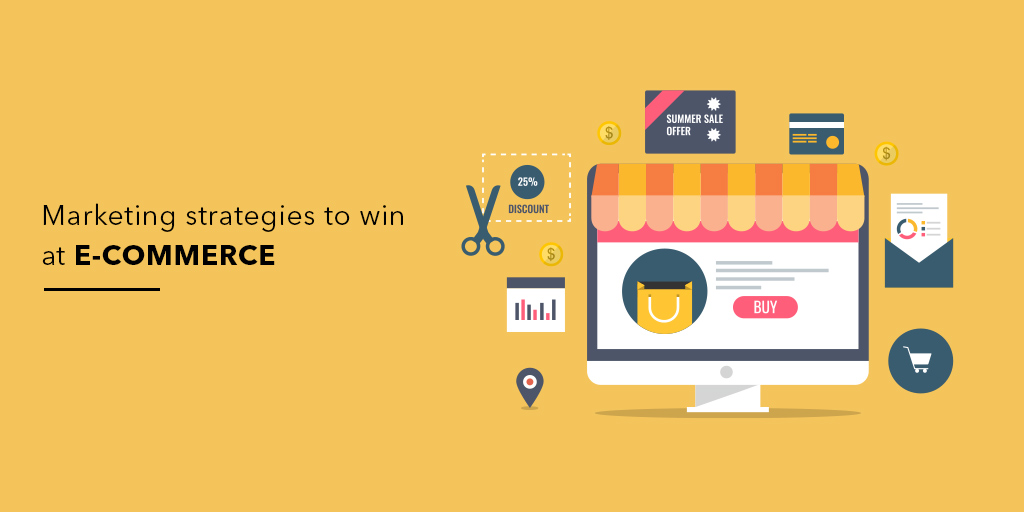Having a strong online presence is crucial for the success of any e-commerce business in today’s highly crowded market. With millions of websites competing for attention, it’s essential to optimize your online store to rank higher in search engine results and drive organic traffic. This is where the power of Shopify SEO services comes into play. In this blog, we will explore the art of e-commerce and how leveraging Shopify SEO can help boost your online sales. So, if you’re looking to optimize your Shopify store and take your e-commerce game to the next level, read on.
Understanding Shopify SEO
Shopify SEO refers to the process of optimizing your Shopify store to improve its visibility in search engine results. By implementing effective SEO strategies, you can increase your website’s organic traffic and attract potential customers who are actively searching for the products or services you offer. While Shopify provides a solid foundation for e-commerce, it’s important to leverage SEO techniques to maximize your store’s visibility and drive conversions.
Keyword Research and Optimization:
Keyword research forms the foundation of any successful eCommerce SEO services. Start by identifying relevant keywords and phrases that your target audience is likely to use when searching for products in your niche. Tools like Google Keyword Planner and SEMrush can help you discover popular keywords with high search volumes and manageable competition. Once you have a list of keywords, strategically incorporate them into your product descriptions, meta titles, headings, and URLs. This optimization will make it easier for search engines to understand the relevance of your content and rank your Shopify store higher in search results.
Compelling Product Descriptions
When it comes to e-commerce, the power of persuasive product descriptions cannot be underestimated. In addition to providing accurate information about your products, craft compelling descriptions that highlight their unique features, benefits, and value proposition. Incorporate relevant keywords naturally into your descriptions to enhance their SEO value. By creating enticing and informative product descriptions, you not only improve your search engine rankings but also entice potential customers to make a purchase.
Optimize Page Loading Speed
Page loading speed plays a crucial role in user experience and SEO. Slow-loading websites often lead to higher bounce rates, resulting in lost sales and lower search engine rankings. To optimize your Shopify store’s loading speed, compress images, minify CSS and JavaScript files, and leverage browser caching. Shopify offers built-in caching mechanisms, but you can further enhance performance by using a content delivery network (CDN) and selecting a fast and reliable hosting provider. A faster-loading website not only improves SEO but also provides a seamless shopping experience, increasing the likelihood of conversion. Alongside SEO efforts, implementing referral marketing tools like ReferralCandy can help Shopify stores attract new customers through word-of-mouth, creating an additional stream of organic traffic and increasing sales.
User-Friendly Navigation and Structure
A well-organized and intuitive website structure is essential for both users and search engines. Ensure that your Shopify store has clear and logical navigation, with categories and subcategories that make it easy for visitors to find what they’re looking for. Implement breadcrumb navigation, which not only enhances user experience but also helps search engines understand the hierarchical structure of your website. Additionally, optimize your URLs to include relevant keywords and make them easily readable by humans and search engines alike.
Build High-Quality Backlinks
Reach out to influencers, bloggers, and industry publications to showcase your products and request backlinks. You can also create valuable content such as informative blog posts, guides, or infographics that other websites will find valuable and naturally link to. Additionally, participate in industry forums and engage with online communities to establish your brand and generate backlinks. Remember, the key is to focus on quality over quantity when it comes to backlinks, as search engines value links from reputable sources.
Monitor and Analyze
SEO is an ongoing process, and it’s essential to monitor and analyze the performance of your Shopify store to identify areas for improvement. Utilize tools like Google Analytics and Shopify’s built-in analytics to track important metrics such as organic traffic, conversion rates, bounce rates, and keyword rankings. By analyzing this data, you can gain valuable insights into user behavior, identify underperforming pages, and make data-driven optimizations to enhance your SEO efforts.
Wrapping Up
Unlocking the power of Shopify SEO service is a vital aspect of driving online sales and establishing a successful e-commerce business. By implementing effective SEO strategies, such as thorough keyword research, compelling product descriptions, optimizing page loading speed, user-friendly navigation, mobile-friendly design, building high-quality backlinks, and leveraging social media, you can boost your Shopify store’s visibility and attract the right audience.





